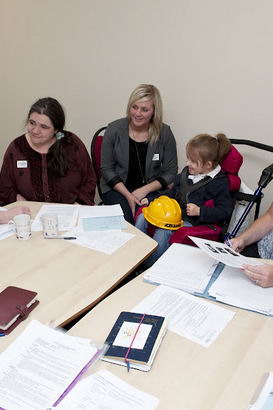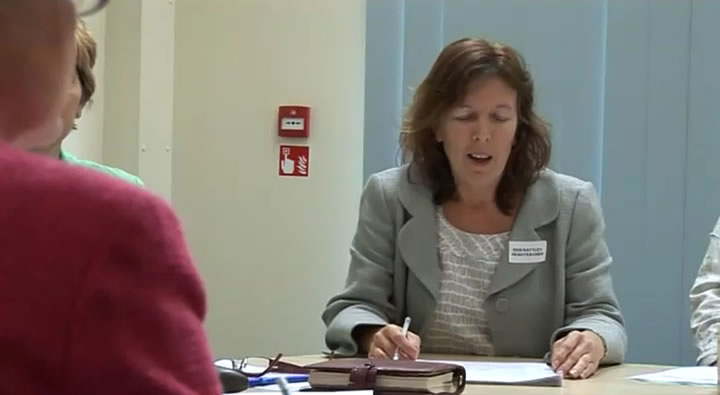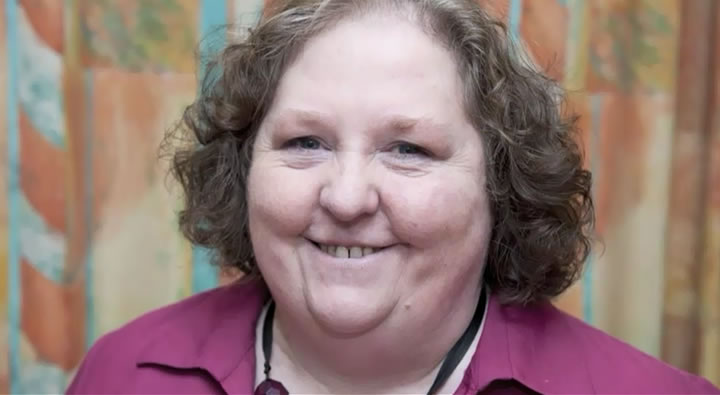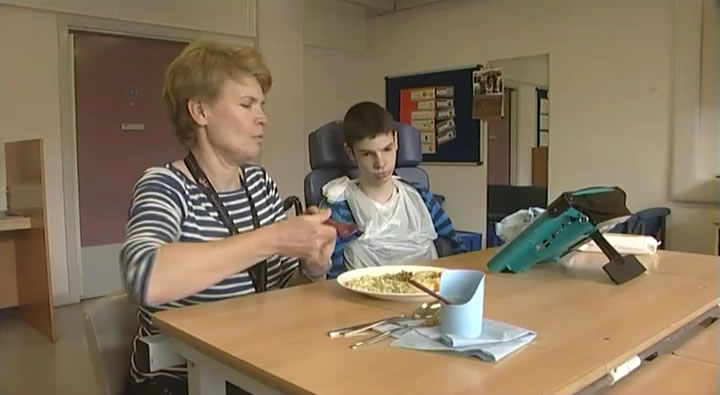
Collaborative approaches are key to unlocking the innate abilities of children and young people with Complex
Learning Difficulties and Disabilities. We recommend that transdisciplinary practice is encouraged wherever possible.
CLDD Project Recommendation,
2011
Working collaboratively with families and visiting professionals is important to ensure that the needs of children with CLDD are met effectively. Multiprofessional meetings are an important time when everyone involved comes together to review progress and plan for the future.
People with passion or flair inspire others. We need to capitalise on the strengths, interests and talents
of our colleagues. How can we spread their knowledge with
best effect?
Specialist Schools and Academies Trust, 2011
This video highlights the range of professionals involved in the care and support of a girl, Sophia.
Starting school is an important time for all children. Parents of children with CLDD need to consider a range of issues and education options to ensure that their needs are
met appropriately.
Listen to the story of Marley and the issues that had to be considered to ensure that he attended the right school.
No single discipline is equipped to deal with the diverse array of child and family needs and characteristics.
Guralnick, 2005
As a result of their needs, there are a range of professionals involved in the care and support of children with CLDD who will visit the school
and home.
Listen to a speech and language therapist talk about the therapist's role in relation to diet
and feeding.

Carpenter, B. (2011) The CLDD Research Project final report. Specialist Schools and Academies Trust.
Guralnik, M. (2005) Early intervention for children with intellectual disabilities: Current knowledge and future prospects. Journal of Applied Research in Intellectual Disabilities, 18, (4), 313-324.


